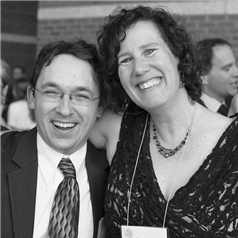Greetings!
The Rashi School is closed from Monday, December 23, 2024 through Friday, January 3, 2025 for winter break. However, there’s still time to make your 2024 tax-deductible gift.
You can click here to make your donation by December 31. Your gift of any amount is greatly appreciated and directly supports the people and programs that are fundamental to the Rashi experience. If you have already made your annual contribution – thank you!
Questions? See below for some useful tools and links.
Year-end Tax Deadlines and Giving Information:
- Checks (US only), made payable to The Rashi School, must be postmarked by Tuesday, December 31, 2024.
- Online gifts via credit card or mobile giving must be made by 11:59 pm on Tuesday, December 31, 2024 at rashirise.org.
- Gifts of securities and wire transfers must be in Rashi’s account by Tuesday, December 31, 2024. Transfer instructions can be found at www.rashi.org/giving-to-
rashi/.
Thank you for supporting Rashi! Warm wishes for a healthy and peaceful New Year.


